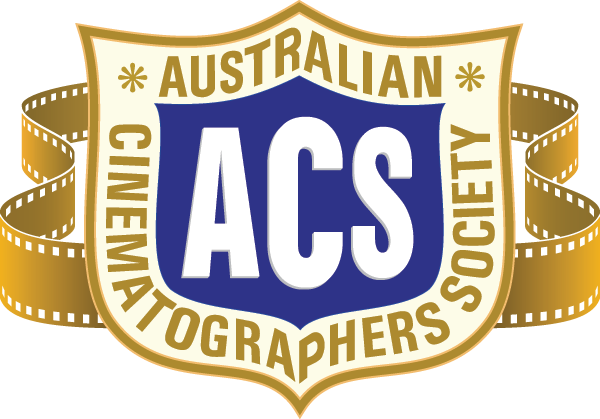Inducted into ACS Hall of Fame – 1997
One of Australia’s early pioneer cameramen, Bill Trerise was respectfully known as “Bloody Bill” because of his famous short fuse. Bill began life in the film industry in 1911 at the age of 13 as a spool-boy in the bio box at the Lyceum Theatre, Sydney. The projectionist was the beautiful Senora Spencer, billed as the only lady projectionist in the World. The projectors were then hand cranked, however, when electric motor-driven projectors replaced them, Bill was out of a job, but soon got a job at Cosen Spencer Studios in Rushcutters Bay as an errand boy. However, it wasn’t long before he was elevated to the position of camera assistant. In 1916 at the age of 18 he was appointed as a news cameraman for the weekly silent cinema newsreel, Australasian Gazette.
In 1927 he was one of three cinematographers on the silent film classic “For the Term of His Natural Life”, the others being Bert Cross and Len Roos. The director Norman Dawn, then chose Trerise and Arthur Higgins to photograph his next feature, ‘The Adorable Outcast’, then in late 1928 Bill shot ‘The Russell Affair’ for P. J. Ramster.
Bill then joined Movietone News, and participated in the shooting of Australia’s first sound newsreel in 1929. Some years later Bill was appointed Chief Cameraman of Movietone. They say that Test cricket was his forte. According to one old-timer: “Movietone were decidedly stingy and would give Bill only 1000′ of film to cover a five-day match. Bill would set up his camera in the Grandstand then retire to the bar, then, sensing that a wicket was about to fall he’d return to the camera muttering expletives to his assistant. He would then roll the camera, and sure enough, the batsman would be out. Bill would then retire back to the bar”.
Bill was an official war cameraman in World War II, spending most of the war in New Guinea. In 1944 the DOI produced the highly praised 19 minute documentary ‘Jungle Patrol’ using the dramatic battle footage that he and Bill Carty, also an official war cameraman had captured with their cameras.
After the war, Bill joined the DOI Film Unit/Film Australia and retired as Chief Cameraman in 1963. Bill’s temper was legendary, as demonstrated when a Department of Information auditor asked him to account for a mouth organ and three bullets used as props in a documentary. He was awarded ACS Accreditation certificate No.2 and made a Life Member of the Society in 1963.
Stanley Hawes, who headed the DOI, said “Bill was a first rate cinematographer, difficult to get on with,
but a perfectionist. The industry is the poorer without him”.


